Search
Search Results
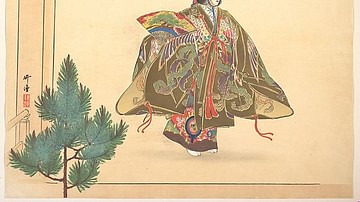
Article
Daily Life in Medieval Japan
Daily life in medieval Japan (1185-1606 CE) was, for most people, the age-old struggle to put food on the table, build a family, stay healthy, and try to enjoy the finer things in life whenever possible. The upper classes had better and more...
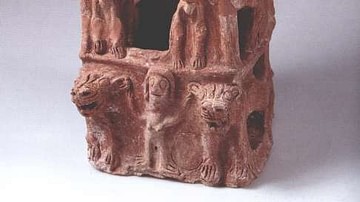
Definition
Ancient Israelite Art
Ancient Israelite art traditions are evident especially on stamps seals, ivories from Samaria, and carvings, each with motifs connecting it to more general artistic traditions throughout the Levant. Ancient Israel, and therefore its art...
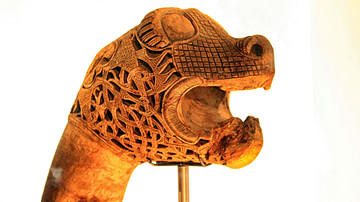
Definition
Viking Art
Art made by Scandinavians during the Viking Age (c. 790-1100 CE) mostly encompassed the decoration of functional objects made of wood, metal, stone, textile and other materials with relief carvings, engravings of animal shapes and abstract...
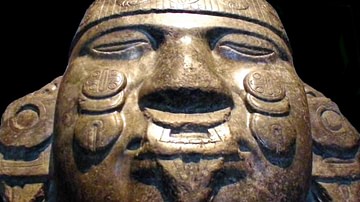
Definition
Aztec Art
The Aztec culture, centred at the capital of Tenochtitlan, dominated most of Mesoamerica in the 15th-16th centuries. With military conquest and trade expansion, the art of the Aztecs also spread, helping the Aztec civilization achieve a cultural...
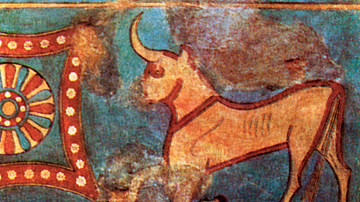
Definition
Urartu Art
The art produced by the Urartu civilization, which flourished in ancient Armenia, eastern Turkey, and northwestern Iran from the 9th to 6th century BCE, is best seen in bronze figurines of deities, bronze cauldrons with animal and goddess...
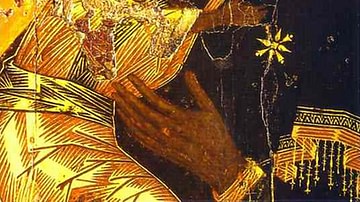
Definition
Byzantine Art
Byzantine art (4th - 15th century CE) is generally characterised by a move away from the naturalism of the Classical tradition towards the more abstract and universal, there is a definite preference for two-dimensional representations, and...
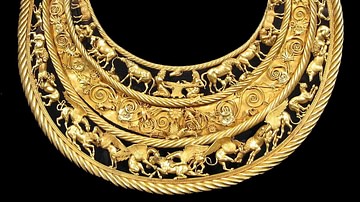
Definition
Scythian Art
Scythian art is best known for its 'animal art.' Flourishing between the 7th and 3rd centuries BCE on the steppe of Central Asia, with echoes of Celtic influence, the Scythians were known for their works in gold. Moreover, with the recent...
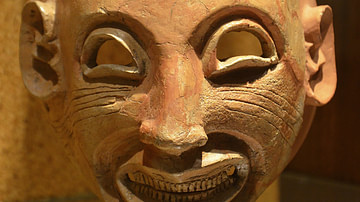
Definition
Carthaginian Art
The art of the Carthaginians was an eclectic mix of influences and styles, which included Egyptian motifs, Greek fashion, Phoenician gods, and Etruscan patterns. Precious metals, ivory, glass, terracotta, and stone were transformed into highly...
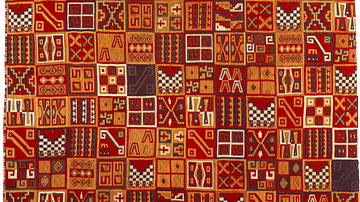
Definition
Inca Art
The art of the Inca civilization of Peru (c. 1425-1532 CE) produced some of the finest works ever crafted in the ancient Americas. Inca art is best seen in highly polished metalwork, ceramics, and, above all, textiles, which was considered...
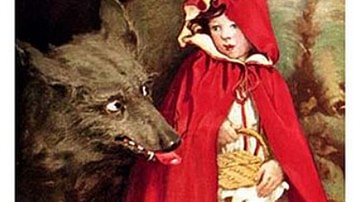
Definition
Medieval Folklore
Medieval folklore is a body of work, originally transmitted orally, which was composed between the 5th and 15th centuries in Europe. Although folktales are a common attribute of every civilization, and such stories were being told by cultures...